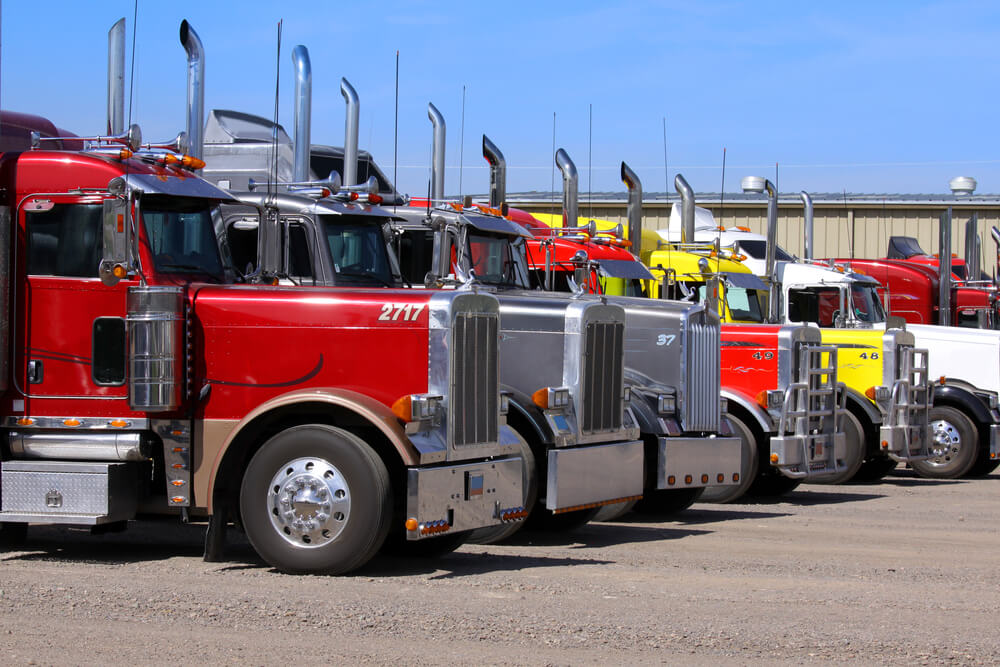
Led by the trucking industry, the average shipping volume increased by 1 percent over 2021 and 1.6 percent from the previous month. Other freight transport systems reportedly saw volumes decline by as much as 4.6 year-over-year. Although a headline-grabbing spotlight was shined on retailers swelling inventories ahead of the fall and winter holidays, truck plant orders were not far behind.
“There is significant uneasiness among manufacturers. Yes, they know demand is up, and they know they’ve got steady growth, but do they have enough safety stock? They’re concerned about when the next shoe is going to fall,” FourKites vice president Todd Simms reportedly said.
Manufacturers were busy ordering materials and goods during a period that saw a 3.2 percent increase in production. Simultaneously, West Coast ports remained under threat of a dockworkers walk-out, and freight railroad unions were embroiled in contentious contract negotiations. Although only one railroad union has yet to give the thumbs up for a new five-year deal, a Pacific Coast dockworkers and longshoremen strike could cripple supply chains.
Class 8 commercial vehicle orders climbed to the highest point of the year in August. Although only 21,600 all told, compared with 37,096 during the same period in 2021, the numbers do not necessarily tell the entire story. Truck and passenger vehicle plants have struggled mightily to complete models due to parts and materials delays. The most sought-after parts involve semiconductors. That’s largely why truck orders are already getting backlogged into 2023.
“We have an order for next year for 150 trucks for both growth and replacement. (Volvo Trucks North America) committed to 10 a month and to start building them in January. But if they can get us some this year, they will,” Oakley Transport vice president Pete Nativo reportedly said. “Ten more were supposed to be built for us by the end of August. Then there would be seven left they owe us. They are supposed to be building those in the first or second week in September. Of course, we were supposed to get everything by March.”
The driving reason for Class 8 truck delays tends to be what industry insiders are calling the “golden screw,” typically a semiconductor. But companies such as Volkswagen are not discounting the possibility of other materials shortages impacting production. Volkswagen, milk companies, and breweries across the EU began overstocking, fearing the natural gas disruptions in Europe would reduce glassmaking capabilities.
“Volkswagen just gobbled a year’s worth of supply of windshields in one purchase,” Simms reportedly said.
Although some believe manufacturers will feel the logistical sting of bloated inventories and limited warehousing capacity, decision-makers appear to be weighing that against running out. After navigating the pandemic and 2021 supply chain logjam, it may prove more prudent to stack containers in makeshift yards that park unfinished tractors in the same location.
Sources: joc.com, ttnews.com











Leave a Comment